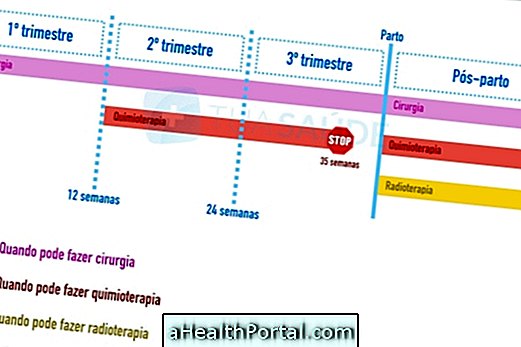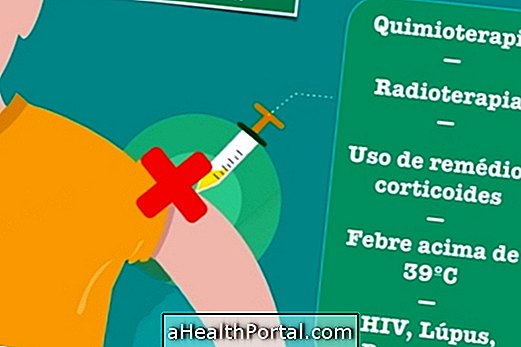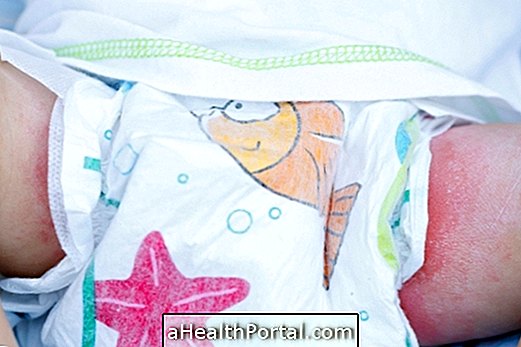Treatment of syphilis during pregnancy is also done with penicillin and is important to prevent complications in the woman and to prevent the baby from being contaminated with the disease and having congenital syphilis.
The obstetrician is the physician appointed to guide the best treatment of syphilis in pregnancy and Penicillin injections must be purchased by the person himself and administered at the health post by the nurse.

Remedies for Syphilis in Pregnancy
Treatment of syphilis during pregnancy should be started as soon as possible and is usually done with Penicillin as follows:
- Primary syphilis in pregnancy: 1 single dose of Penicillin;
- Secondary syphilis in pregnancy or recent latency, with less than one year of progression: 2 doses of Penicillin, one per week;
- Tertiary syphilis in pregnancy, latent late, with more than one year of evolution or unknown time: 3 doses of Penicillin, one per week.
The partner should also treat syphilis so that the disease does not progress and the pregnant woman does not become infected again. Until the treatment of gestational syphilis is fully completed, the pregnant woman should avoid intimate contact.
Side effects of syphilis treatment in pregnant women
With treatment with Penicillin, the pregnant woman can have some side effects like contractions, fever, headache, in the muscles or joints, chills and diarrhea.
To reduce fever and headaches, the pregnant woman can put a compress with cold water on her forehead. For muscle and joint pains a good option is to take a warm bath or receive a relaxing massage. Paracetamol may also help relieve these side effects, but should be used with caution.
For diarrhea, a good tip is to increase yakult intake, as this yogurt contains live lactobacilli that help regulate the intestine, as well as drinking coconut water to compensate for water losses and to hydrate the body.
Pregnant Allergic to Penicillin
Treatment of syphilis for pregnant women allergic to penicillin can be done with other antibiotics such as erythromycin stearate for 15 days in case of recent syphilis or 30 days in case of late syphilis.
Signs of improvement and worsening
Signs of improvement in syphilis in pregnancy include the decrease or disappearance of wounds in the intima, as well as skin and mouth lesions, if any, and decreased swelling and pain in the gums.
Signs of worsening syphilis in pregnancy include increased wounds in the intima, enlargement of lesions on the skin and mouth, enlargement of the throat, fever, muscle stiffness and limb paralysis.
Complications of syphilis in pregnancy
Complications of syphilis in pregnancy may occur in pregnant women who do not perform the treatment correctly. A possible complication is transmitting syphilis to the baby through the placenta or the birth canal. In these cases, the baby is said to have congenital syphilis and should also receive treatment with penicillin because untreated syphilis can affect the baby's development and cause problems such as blindness, deafness or mental retardation.
Another serious complication of syphilis for women is neurosyphilis in which the brain and marrow are infected and can cause damage to the nervous system, such as paralysis or blindness.























